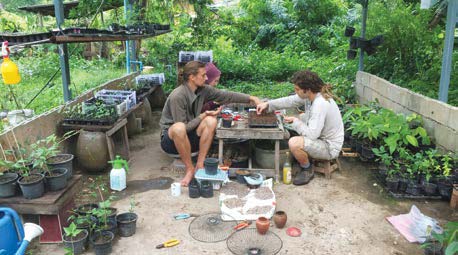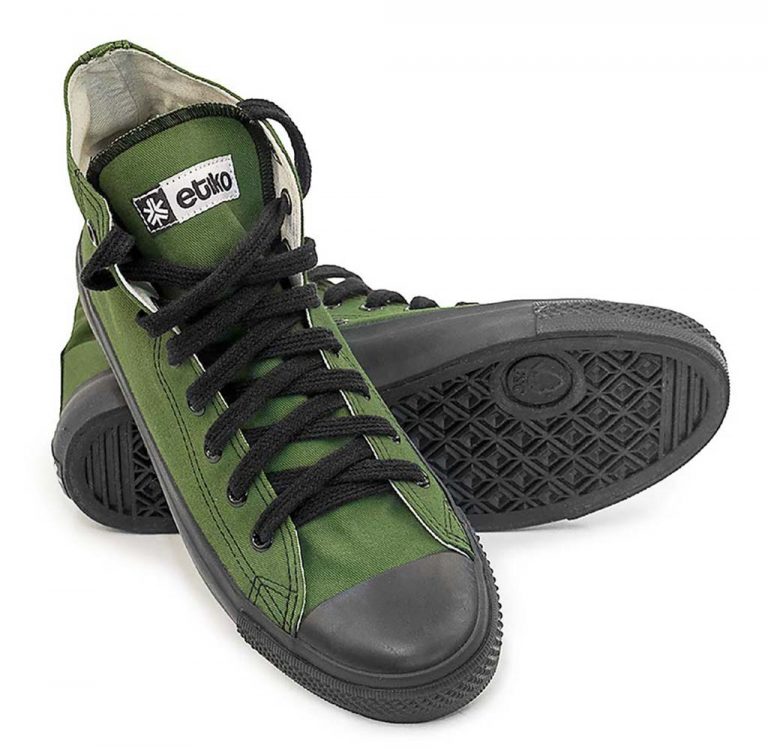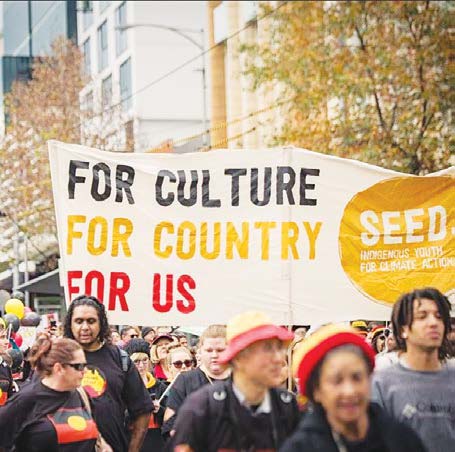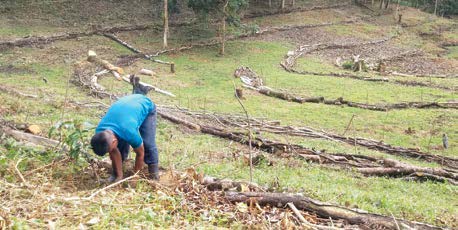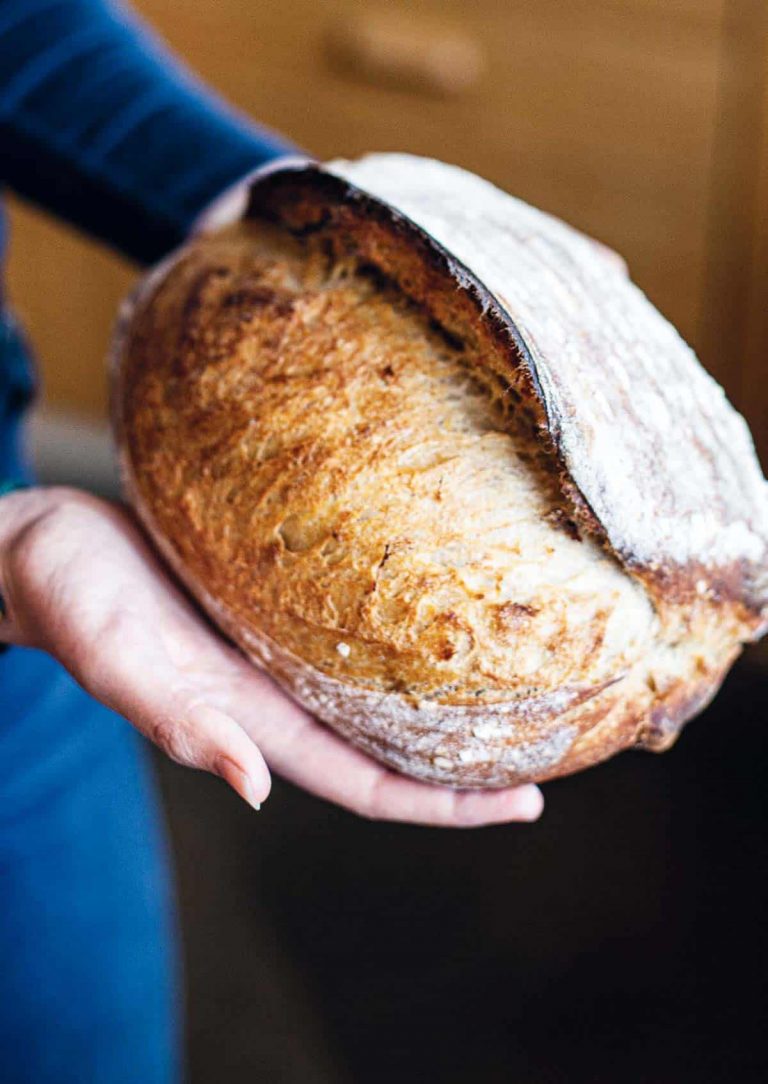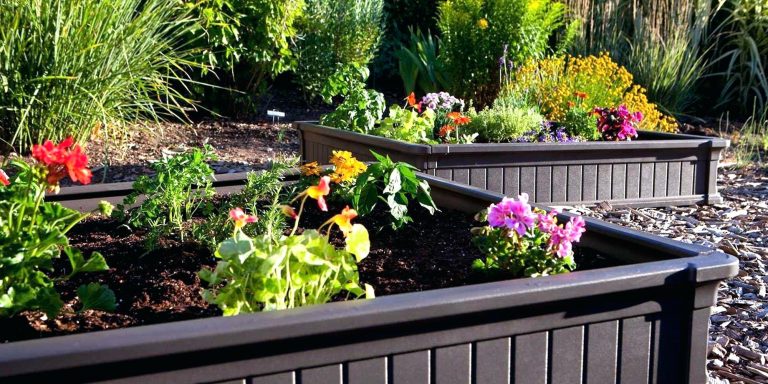Read & Watch
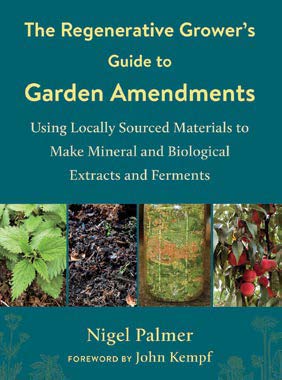
He had me at Ferments. Maybe Regenerative, or Mineral and Biological Extracts, and possibly Locally Sourced. It was a combination of the entire title that captured my regenerative grower’s heart. If you, too, are on a journey to grow nutrient-dense food resistant to pests and diseases which leaves your garden in a better state than when you started, then this is the book for you.
Part one looks at nurturing diversity in our soil, the importance of soil biology and mineralogy, plus how to use a refractometer and take a soil test. The second part teaches us how to make the soil amendments using what we have around us such as fermented plant juice with nettle, egg or oyster shells in apple cider vinegar, how to capture and propagate the microorganisms in our soil, harness the biology of leaf mould and make lactic-acid bacteria from rice and raw milk. Once you are ready to go beyond compost and truly nurture your living soil ecosystem, then this guide to sustainable growing is a must-have resource.

